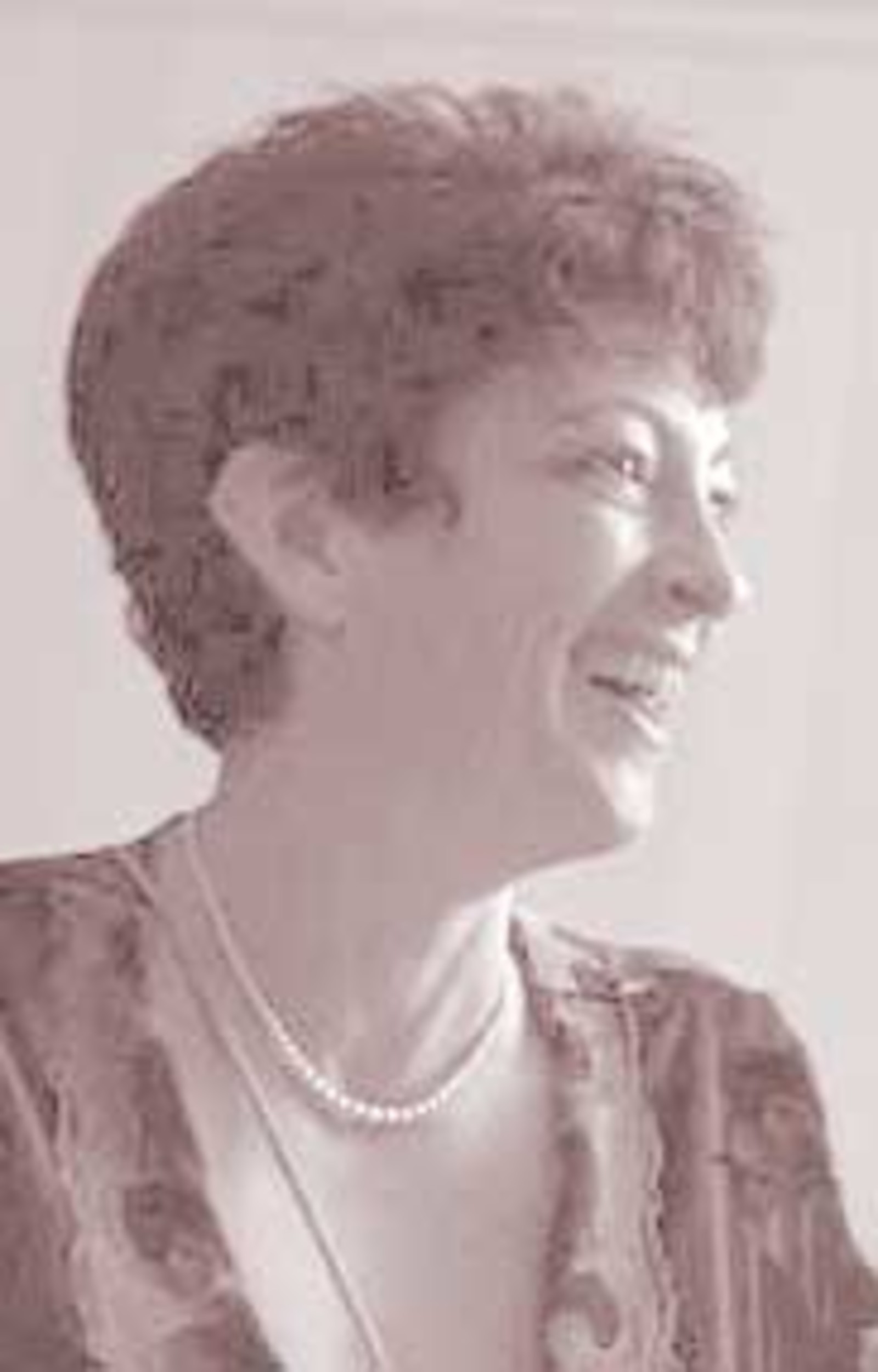My father’s story
Intellectually astute, yet ultimately impaired
My father was a complicated man. A prideful member of Mensa (a nonprofit organization whose members score at the 98th percentile or higher on a standardized IQ test), his intellect was of little use in social interactions.
Cary Grant-handsome and a charming teller of stories (although only about his own life), my father went through life truly believing that the world owed him a living because of those attributes.
But charm, intelligence and good looks didn’t keep him employed; he held a number of sporadic jobs – as short-order cook, a salesman in a family friend’s jewelry store, a bill collection supervisor, etc. In many instances, he often left work for days at a time and disappeared … to the golf course, the card room or the track.
My father would bet on virtually anything, including his golf and poker games as well as the horse races that he loved ever since he was a young boy growing up in his hometown, Louisville, Ky.
Family lore holds that my father, then a preteen with not one but two broken legs, somehow rode his bicycle to Churchill Downs, a racetrack in Louisville, to watch a race!
As charming as he could be – when he talked about himself – he was also a master at delivering sarcastic, barbed and hateful zingers. More than once, he’d use derogatory and hurtful comments to describe my cousins (on my mother’s side) who lived next door to us.
Impatient with anyone who wasn’t as smart as he was, which included just about everyone in his vicinity, my father simply didn’t know how to give or receive love.
The only son in a family of three children, my father was 19 when his own father, a physician, died. He became the sole support for his widowed mother and his sisters, both of whom eventually married men who did quite well for themselves and their families.
A World War II Army Air Force veteran who served in Europe and was awarded a Purple Heart, my father loved telling war stories. His time in Europe, I think, was the only time he was ever really alive – the adrenaline and excitement of that time was never again replicated.
Even as a child – for my father stopped telling me stories when I was old enough to poke and prod at them – I thought it sad that I witnessed that enthusiastic gleam in his eye only about experiences that were behind him, rather than those yet to be.
After my parents divorced, his visits grew sporadic and awkward. I was grateful that his absence brought about a calmer and less critical household. His taunting jeers, “You can’t do that … you didn’t do that right,” grew as infrequent as his calls and visits, simply because he wasn’t there to witness what he perceived to be my failings.
Needless to say, searching for appropriately neutral Father’s Day cards was always an exercise in frustration for me.
It was sad, but not surprising, that when he died, he died alone and lonely.








